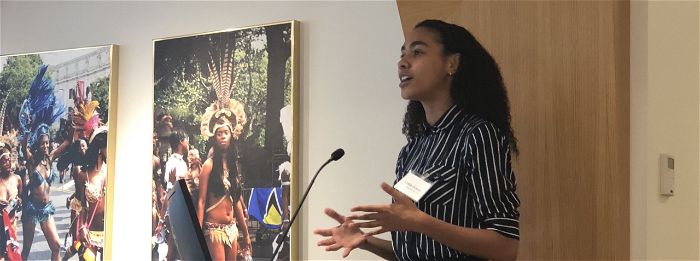Teens could learn a lot by thinking about why so many adults want to change their lives and have better working conditions, more family time, and importantly, higher wages, decent health care benefits, and flexible schedules. If nothing else, they’d understand that $15 an hour and an annual salary of $30,000 isn’t enough to pay rent, put food on the table, save for a house, buy a car, and take a vacation.
And beyond that, schools and employers can help teens understand that there’s more to career planning than how much money you can make in a given field. Young people should know that if you want to have choices about work, you need to understand fields of study, your own talents and preferences, and how people behave in various types of workplaces. And getting the skills you need starts early.
Every high school student should contemplate this statistic: Full-time workers spend 90,000 to 110,000 hours on the job in a lifetime (more hours than they spend sleeping or being with their families). With that in mind, teachers need to be alert for “ambition gaps” in students who either set their sights too low—perhaps because no one offers them career advice beyond what so many loving parents say: “Go to college; do better than I did”—or too high—like those who might decide they want to be doctors without having had an early start on advanced science and math courses.
Our schools and colleges need to educate students about the labor market, career ladders, and the importance of technical and professional skills—in short what education and experiences are best preparation for good jobs, how to put economic security in your sights, and how to plan for the life you want to live.



